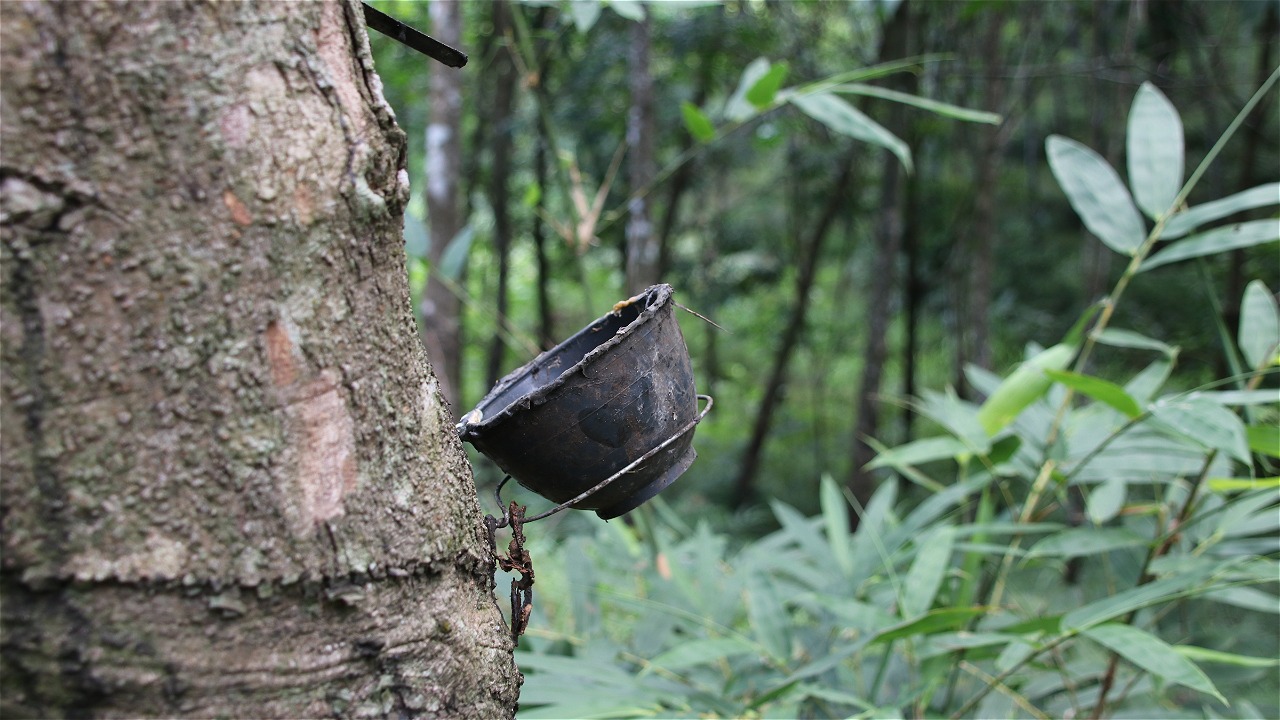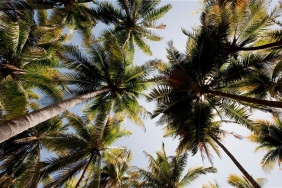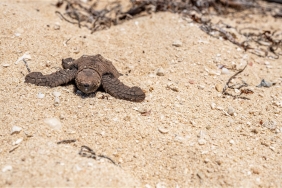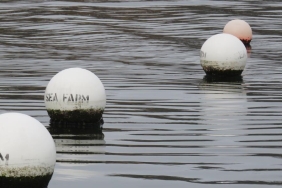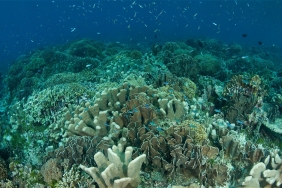WWF AND MICHELIN DEVELOP SUSTAINABLE NATURAL RUBBER MARKETS
WWF and tire manufacturer Michelin Group announced a partnership to create a globally sustainable natural rubber market. WWF will work with Michelin Group to halt deforestation through a pilot project in several priority conservation landscape areas.
As part of this collaboration, Michelin, supported by WWF, will implement sustainable natural rubber management and gradually change its production supply practices in line with sustainability principles. To drive this change in the natural rubber production chain, Michelin is committed to supporting better trading practices among intermediaries, buyers and producers. Furthermore, through this partnership, WWF and Michelin will also promote the experience of these sustainability-based practices in the rubber industry sector to transform the natural rubber market.
In 2013, Indonesia provided a quarter of the world's natural rubber supply but had the lowest productivity per hectare compared to other countries due to a lack of good planting practices. GAPKINDO data shows Indonesia's production of 880 - 1000 kg/ha is lower than Malaysia and Thailand which can reach 1500 kg/ha. Therefore, this collaboration is also aimed at increasing productivity through an intensification approach so as to reduce pressure on the need for plantation land expansion.
Specifically in Indonesia, Michelin and WWF will work together to protect forests through a zero deforestation program in addition to Michelin's existing forest protection and restoration programs with Michelin's joint ventures partners from the Barito Pacific Group in Sumatra and Kalimantan. WWF and Michelin's pilot project will cover a concession area of approximately 88,000 hectares and focus on implementing responsible practices such as the protection of high conservation value (HCV) natural forests, high carbon value (HCS) natural forests and the application of free, prior and informed consent (FPIC) principles to protect landscapes and the rights of indigenous and local communities. The program is also designed to simultaneously protect species such as tigers, orangutans and elephants, whose habitats are threatened due to massive exploitation in the region.

